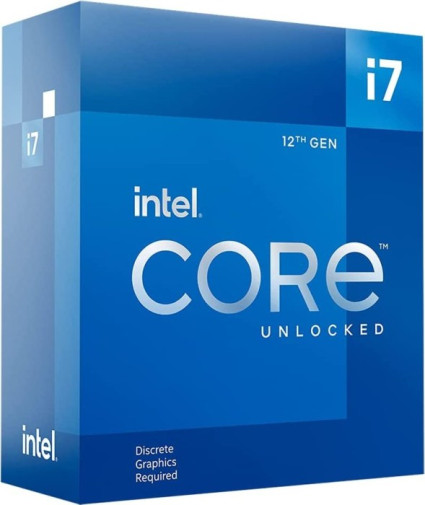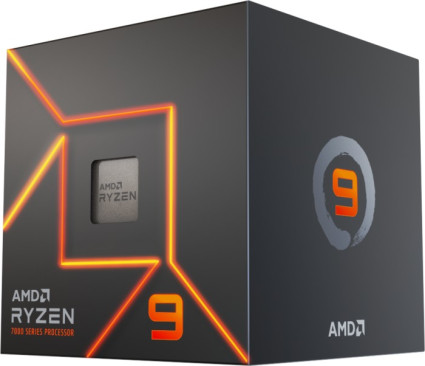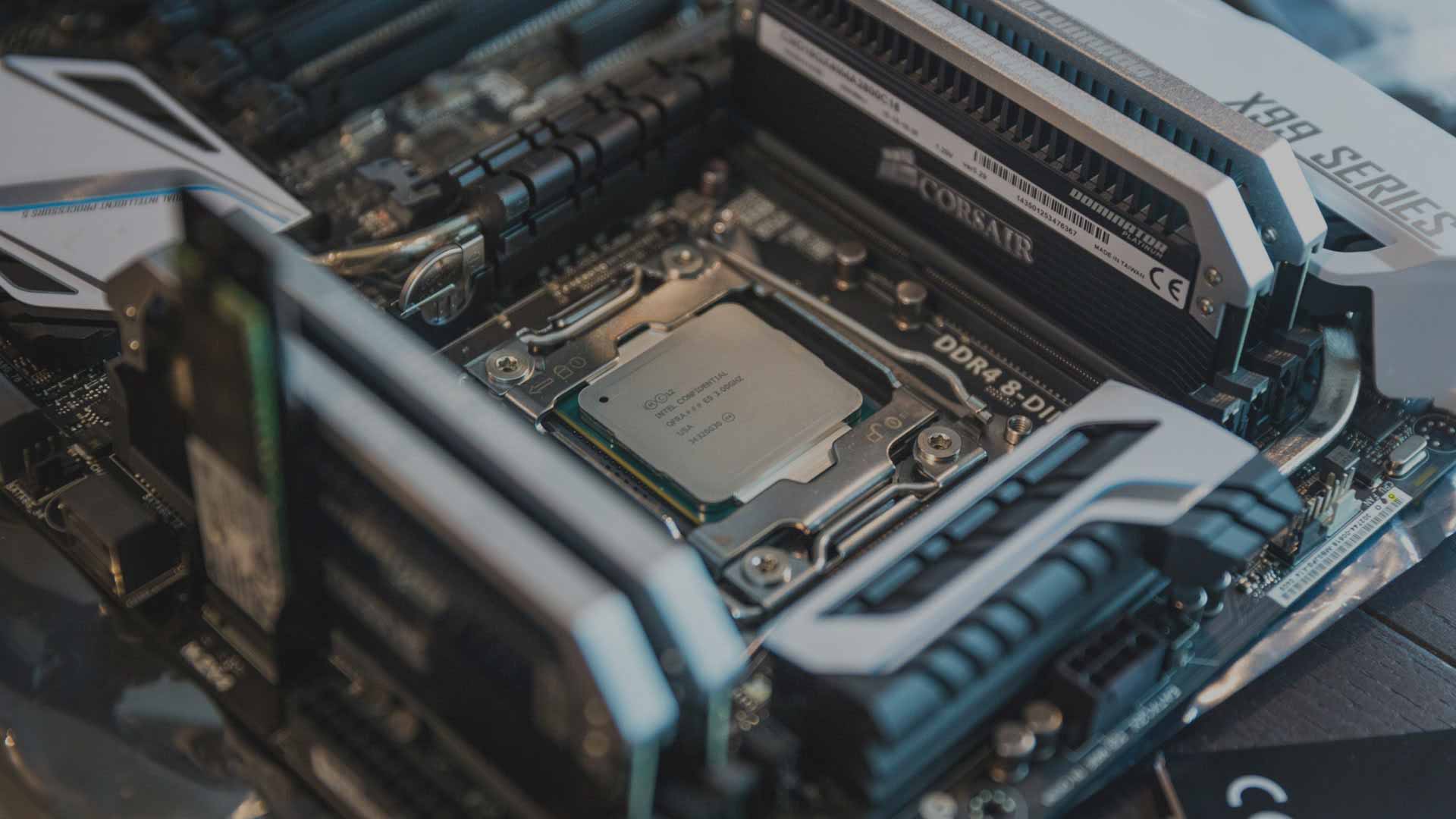
Intel Core i7-12700KF vs. AMD Ryzen 9 7900
In diesem Vergleich von Intel Core i7-12700KF versus AMD Ryzen 9 7900 vergleichen wir die technischen Daten der beiden GPUs. Welche Grafikkarte ist schneller? Hier gibt es FPS & Benchmarks in Gaming und Anwendungen. Außerdem Daten zu Verbrauch, Effizienz (FPS pro Watt) und Preis-Leistung (FPS pro Euro).

Allgemeine Informationen
| Günstigster Preis |
|
|
| Serie | Intel Core i-12000 | AMD Ryzen 7000 |
| Chip-Architektur | Golden Cove (P-Core) + Gracemont (E-Core) | Zen 4 |
| Codename | Alder Lake-S | Raphael |
| Produktname | Intel Core i7-12700KF | AMD Ryzen 9 7900 |
Spezifikationen
Die Anzahl der Rechenkerne, die maximale Taktrate und die Größe des Cache können sich auf die Leistung in Spielen und Anwendungen auswirken. Mit 12 Kernen bietet der Intel Core i7-12700KF gleich viele Kerne wie der AMD Ryzen 9 7900 mit 12 Rechenkernen. Der maximale Takt liegt beim Intel Core i7-12700KF mit 5.00 GHz etwas niedriger als beim AMD Ryzen 9 7900 mit 5.40 GHz. Der Cache ist beim Intel Core i7-12700KF mit 12 MB L2-Cache + 25 MB L3-Cache zu 12 MB L2-Cache + 64 MB L3-Cache deutlich kleiner als beim AMD Ryzen 9 7900.
| Kerne (Gesamt) | 12 | 12 |
| Anzahl P-Cores | 8C | 12C |
| Anzahl E-Cores | 4c | - |
| Basis-Takt | 3.60 GHz | 3.70 GHz |
| Takt P-Cores | 3.60 GHz | 3.70 GHz |
| Takt E-Cores | 2.70 GHz | - |
| Turbo-Takt | 5.00 (Turbo Boost Max 3.0) GHz | 5.40 GHz |
| Turbo P-Cores | 5.00 (Turbo Boost Max 3.0) GHz | 5.40 GHz |
| Turbo E-Cores | 3.80 GHz | - |
| Gesamter L2-Cache | 12 MB | 12 MB |
| Gesamter L3-Cache | 25 MB | 64 MB |
| Fertigung | Intel 7 | TSMC 5 nm (CPU), TSMC 6 nm (I/O) |
| Rechenleistung | - | - |
| Leistungsaufnahme (TDP) | 125W (Processor Base Power) 190W (Maximum Turbo Power) |
65W |
Mainboard-Kompatibilität
Während der Intel Core i7-12700KF den Intel 1700 Sockel nutzt, ist der AMD Ryzen 9 7900 mit Mainboards für den Sockel AMD AM5 kompatibel. Die genaue Chipsatz-Eignung und die unterstützten PCIe-Lanes können Sie der Tabelle entnehmen.
| Sockel | Intel 1700 | AMD AM5 |
| Chipsatz-Eignung | B660, B760, H610, H610E, H670, H770, Q670, Q670E, R680E, W680, Z690, Z790 | A620, B650, B650E, B840, B850, X670, X670E, X870, X870E (modellabhängig: PRO 600, PRO 665, X600) |
| PCIe-3.0-Lanes | - | - |
| PCIe-4.0-Lanes | 4x | - |
| PCIe-5.0-Lanes | 16x | 28x (verfügbar: 24) |
RAM-Kompatibilität
Während Sie beim Intel Core i7-12700KF bis zu 128 GB vom Typ DDR4/DDR5 im Dual Channel verbauen können, unterstützt der AMD Ryzen 9 7900 bis zu 192 GB DDR5 Arbeitsspeicher.
| Speicher-Controller | DDR4/DDR5 | DDR5 |
| Anzahl Speicherkanäle | Dual Channel | Dual Channel |
| max. Speichermenge | 128 GB | 192 GB |
| ECC-Unterstützung | - | ✓ |
Grafik
| iGPU | - | ✓ |
| iGPU-Modell | - | AMD Radeon Graphics |
| iGPU-Takt | - | 0,40-2,20GHz |
| iGPU-Einheiten | - | 2CU/128SP |
| iGPU-Rechenleistung | - | 0.56 TFLOPS (FP32) |
| iGPU-Architektur | - | RDNA 2, Codename "Raphael" |
| iGPU-Interface | - | DP 2.0, HDMI 2.1 |
| iGPU-Funktionen | - | 4x Display Support, AMD Eyefinity, AMD FreeSync 2, AV1 decode, H.265 encode/decode, VP9 decode, DirectX 12.1, OpenGL 4.5, Vulkan 1.0 |
Sonstiges
| Freier Multiplikator | ✓ | ✓ |
| Stepping | C0, Spec Code: SRL4P | RPL-B2 |
| Heatspreader-Kontaktmittel | Metall/verlötet | Metall/verlötet |
| Temparatur max. | 100°C (Tjunction) | 95°C (Tjmax) |
| Fernwartung | - | - |
| Einführung | 2021/Q4 (4.11.2021) | 2023/Q1 (14.1.2023) |
| Herstellergarantie | 3 Jahre bei Intel® Boxed-Prozessoren (Info DE/Info EN) | 3 Jahre bei AMD® Boxed-Prozessoren (Info EN) |
CPU-Funktionen
| AES-NI | ✓ | ✓ |
| AVX | ✓ | ✓ |
| AVX2 | ✓ | ✓ |
| Boot Guard | ✓ | - |
| CET | ✓ | - |
| DL Boost | ✓ | - |
| EIST | ✓ | - |
| GNA 3.0 | ✓ | - |
| Idle States | ✓ | - |
| Instruction Set | ✓ | - |
| ISM | ✓ | - |
| MBEC | ✓ | - |
| Optane Memory Support | ✓ | - |
| OS Guard | ✓ | - |
| Secure Key | ✓ | - |
| Speed Shift | ✓ | - |
| SSE4.1 | ✓ | ✓ |
| SSE4.2 | ✓ | ✓ |
| Thermal Monitoring | ✓ | - |
| VMD | ✓ | - |
| VT-d | ✓ | - |
| VT-x | ✓ | - |
| VT-x EPT | ✓ | - |
| XD Bit | ✓ | - |
Spiele
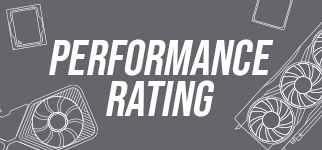
- AMD Ryzen 9 7900AVG110.80 %1%105.73 %
- Intel Core i7-12700KFAVG100.00 %1%100.00 %

- Intel Core i7-12700KFAVG223 FPS1%157.4 FPS
- AMD Ryzen 9 7900AVG271.9 FPS1%184.3 FPS
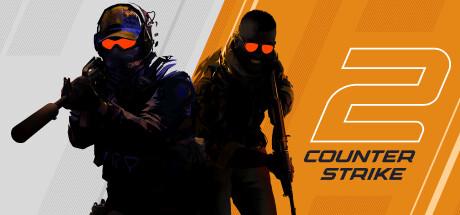
- Intel Core i7-12700KFAVG515.4 FPS1%265.2 FPS
- AMD Ryzen 9 7900AVG710.5 FPS1%347 FPS

- Intel Core i7-12700KFAVG140.8 FPS1%100.3 FPS
- AMD Ryzen 9 7900AVG163.8 FPS1%95.9 FPS

- Intel Core i7-12700KFAVG185.2 FPS1%131.1 FPS
- AMD Ryzen 9 7900AVG187.3 FPS1%141.3 FPS

- Intel Core i7-12700KFAVG137.2 FPS1%100.6 FPS
- AMD Ryzen 9 7900AVG136.5 FPS1%92.8 FPS

- Intel Core i7-12700KFAVG214.6 FPS1%141.1 FPS
- AMD Ryzen 9 7900AVG250.3 FPS1%145.1 FPS

- Intel Core i7-12700KFAVG77.2 FPS1%58.8 FPS
- AMD Ryzen 9 7900AVG75.9 FPS1%59.8 FPS

- Intel Core i7-12700KFAVG256.5 FPS1%143.6 FPS
- AMD Ryzen 9 7900AVG242.9 FPS1%140.3 FPS

- AMD Ryzen 9 7900AVG0.86 FPSIntel Core i7-12700KFAVG1.04 FPS

- AMD Ryzen 9 7900AVG3.00 FPSIntel Core i7-12700KFAVG2.55 FPS
Produktivität
Produktivität

- AMD Ryzen 9 7900AVG120.47 %Intel Core i7-12700KFAVG100.00 %

- AMD Ryzen 9 7900PKT165848 PunkteIntel Core i7-12700KFPKT106592 Punkte

- AMD Ryzen 9 7900PKT1451 PunkteIntel Core i7-12700KFPKT1293 Punkte

- AMD Ryzen 9 7900PKT967 PunkteIntel Core i7-12700KFPKT846 Punkte
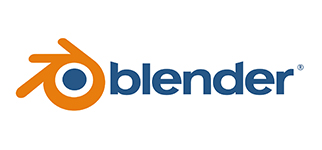
- AMD Ryzen 9 7900SEK207 SekundenIntel Core i7-12700KFSEK281 Sekunden

- AMD Ryzen 9 7900PKT1452 PunkteIntel Core i7-12700KFPKT1149 Punkte

- AMD Ryzen 9 7900PKT3150 PunkteIntel Core i7-12700KFPKT2807 Punkte

- AMD Ryzen 9 7900PKT17024 PunkteIntel Core i7-12700KFPKT15251 Punkte

- AMD Ryzen 9 7900SEK58 SekundenIntel Core i7-12700KFSEK71 Sekunden
